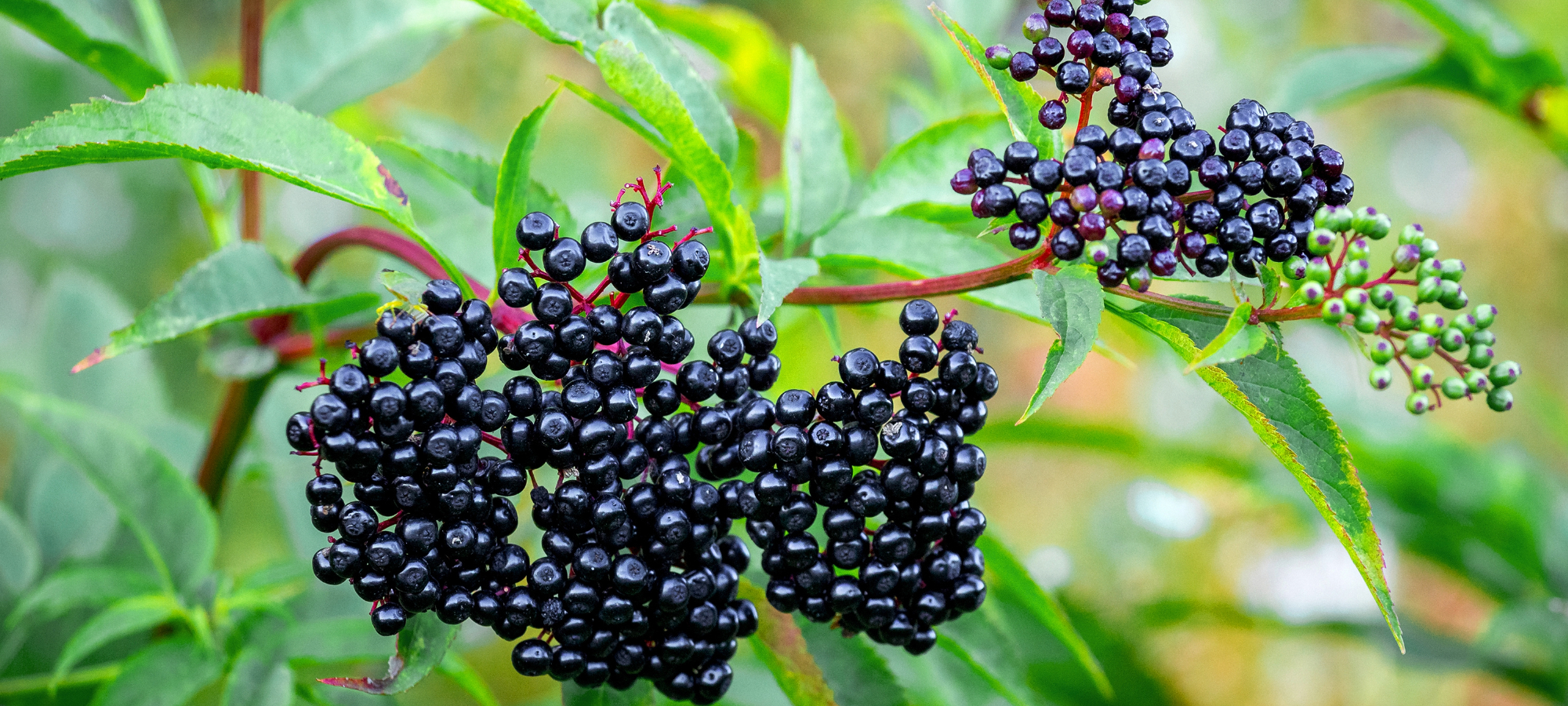Elderberries, the small, dark fruits of the Sambucus tree, have been cherished for centuries in traditional medicine. Rich in antioxidants, vitamin C, and dietary fiber, these berries are renowned for their immune-boosting properties. Recent studies suggest that elderberries may help alleviate cold and flu symptoms, reduce inflammation, and support heart health. However, it’s essential to note that raw elderberries can be toxic and should always be cooked before consumption.
Beyond their health benefits, elderberries offer a versatile ingredient for culinary exploration. From syrups and teas to jams and desserts, their tart flavor complements both sweet and savory dishes. Incorporating elderberries into your diet not only adds a burst of flavor but also provides nutritional advantages. For instance, elderberry syrup is a popular remedy during cold seasons, while elderberry-infused teas can offer a soothing experience.
As interest in natural remedies and superfoods grows, elderberries stand out for their combination of historical use and modern scientific backing. Whether you’re seeking to bolster your immune system or explore new culinary horizons, elderberries present a compelling option. Always ensure proper preparation to enjoy their benefits safely, and consider consulting with a healthcare professional before adding new supplements to your routine.

